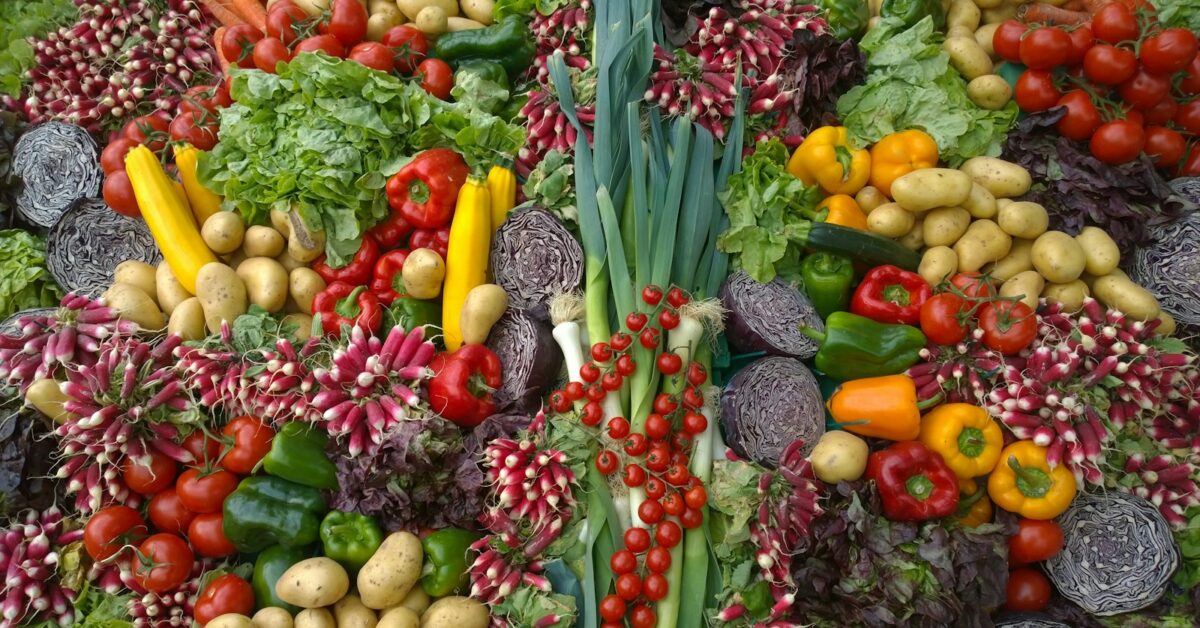Is hummus vegan?
What is hummus?
Hummus is a popular Middle Eastern dip or spread made from cooked and mashed chickpeas, blended with tahini (a paste made from sesame seeds), olive oil, lemon juice, garlic, and various spices. It is known for its creamy texture and rich flavor, making it a versatile and delicious addition to many dishes.
Is hummus vegan?
Yes, hummus is generally considered vegan. The basic ingredients of hummus, including chickpeas, tahini, olive oil, lemon juice, and garlic, are all plant-based and do not come from animal sources. However, it is important to note that some variations of hummus may contain non-vegan ingredients, such as added dairy products or animal-based flavorings. Therefore, it is always advisable to check the label or inquire about the specific ingredients used in store-bought or restaurant-prepared hummus.
Why is hummus popular among vegans?
Hummus has gained popularity among vegans for several reasons:
- Plant-based protein: Chickpeas, the main ingredient in hummus, are an excellent source of plant-based protein. This makes hummus a nutritious and satisfying option for vegans looking to meet their protein needs.
- Healthy fats: Tahini and olive oil, both commonly used in hummus recipes, are rich in healthy fats, including monounsaturated fats and omega-3 fatty acids. These fats are beneficial for heart health and can help vegans meet their dietary fat requirements.
- Versatility: Hummus can be used in a variety of ways, making it a versatile ingredient for vegan cooking. It can be used as a dip for vegetables or pita bread, spread on sandwiches or wraps, or even used as a creamy dressing for salads.
- Flavor and texture: Hummus has a creamy and smooth texture, which adds a delightful mouthfeel to dishes. Additionally, the combination of flavors from the chickpeas, tahini, garlic, and spices creates a delicious taste that appeals to many vegans.
Non-vegan ingredients in hummus
While hummus is generally vegan, there are some variations and additions that may make it non-vegan. Here are a few examples:
- Added dairy products: Some store-bought hummus brands may include ingredients like yogurt or sour cream, which are derived from animal sources. These additions make the hummus non-vegan.
- Animal-based flavorings: Certain flavored hummus varieties, such as roasted red pepper or buffalo-style, may contain animal-based flavorings or additives. It is important to read the label carefully to ensure that the flavorings used are vegan-friendly.
- Butter or lard: In traditional Middle Eastern recipes, butter or lard may be used instead of olive oil. This can make the hummus non-vegan, so it is important to check the ingredients or ask about the preparation method.
Vegan alternatives to traditional hummus
For vegans who want to enjoy hummus without any concerns about non-vegan ingredients, there are several alternatives available:
- Make your own: Making homemade hummus allows you to have full control over the ingredients used. By using plant-based alternatives for dairy products and avoiding animal-based flavorings, you can create a delicious vegan hummus.
- Check labels: When purchasing store-bought hummus, always check the label for any non-vegan ingredients. Many brands now offer vegan-friendly options, clearly indicating that their products are suitable for vegans.
- Try different flavors: Experiment with different flavors of hummus that are known to be vegan-friendly, such as classic, garlic, or roasted garlic. These flavors often have fewer added ingredients and are more likely to be vegan.
In conclusion
Hummus is generally considered vegan, as its basic ingredients are plant-based. However, it is important to be cautious of variations and additions that may contain non-vegan ingredients. By checking labels, making homemade hummus, or opting for vegan-friendly flavors, vegans can enjoy this delicious and nutritious dip without any concerns.
